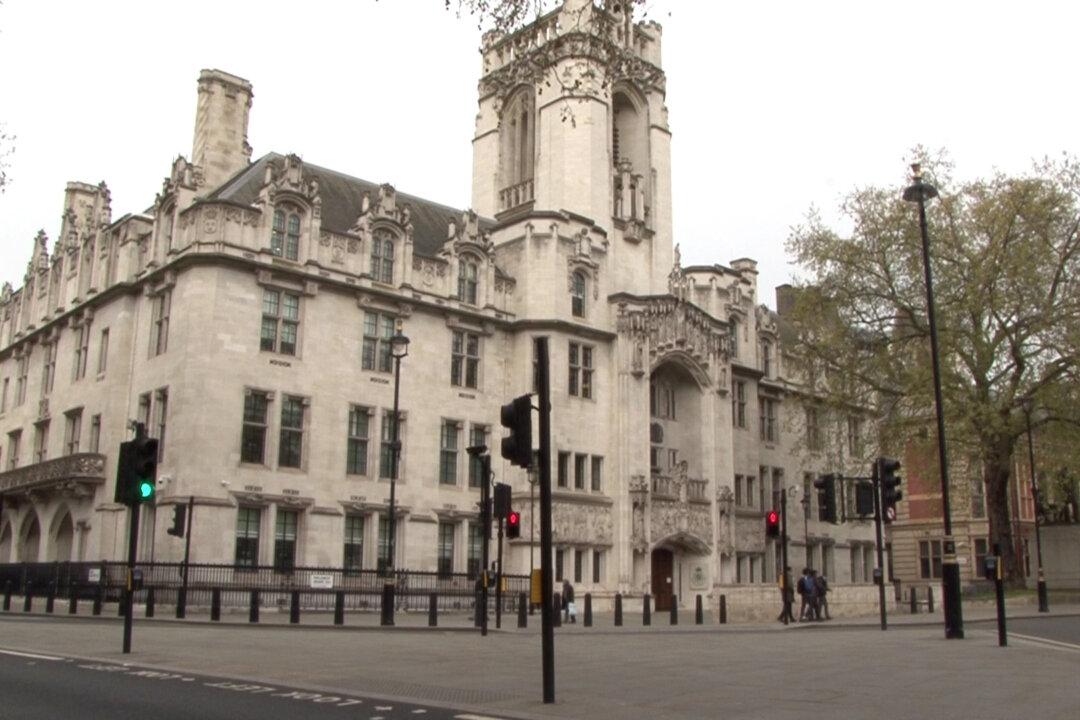Bloomberg has lost an appeal in the UK Supreme Court in a landmark privacy case over the media company’s reporting of a high-profile financial investigation.
Five judges on Wednesday dismissed the appeal brought by Bloomberg over the publication of information about a U.S. citizen under investigation by a UK legal enforcement body prior to charge.





